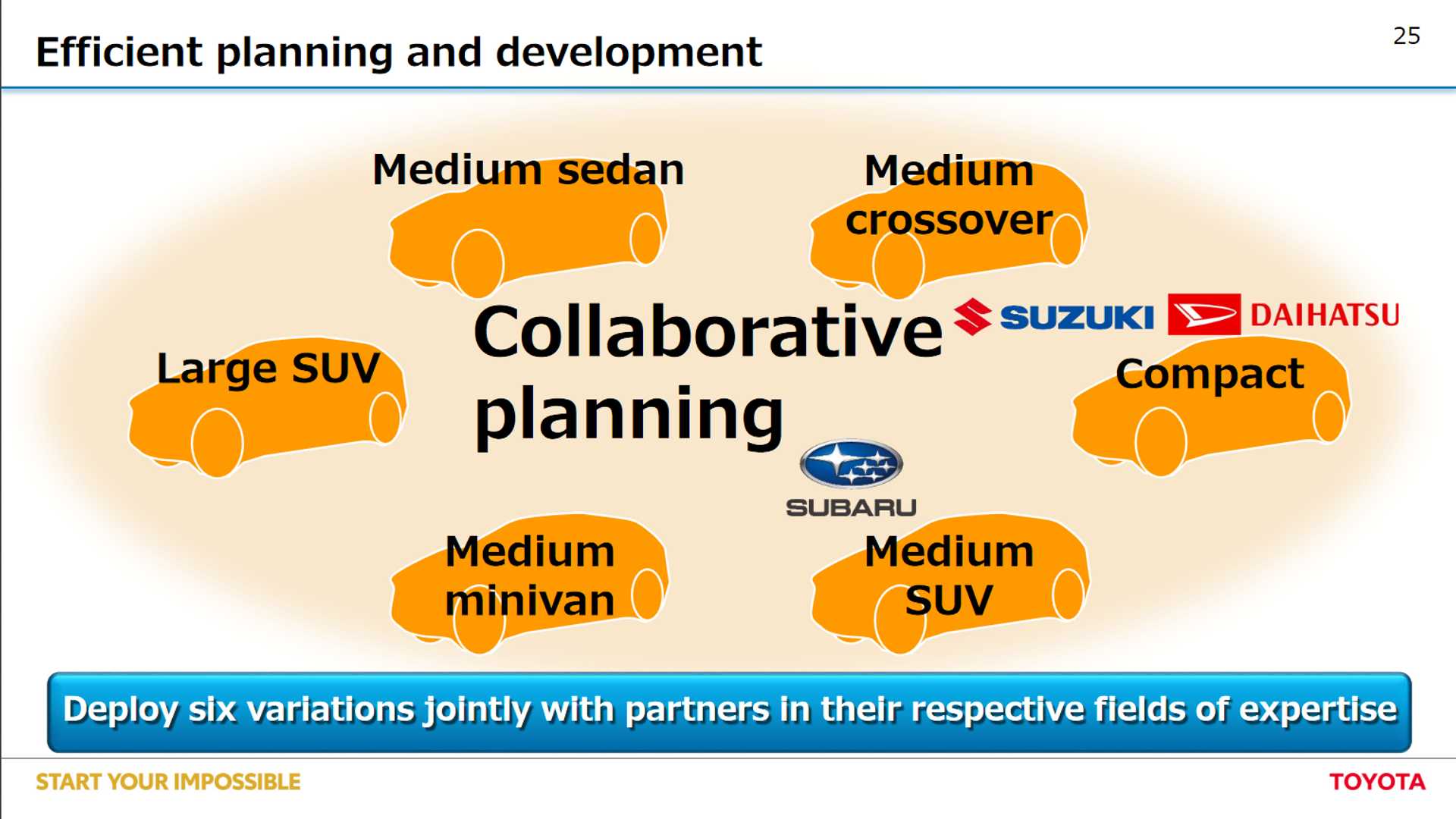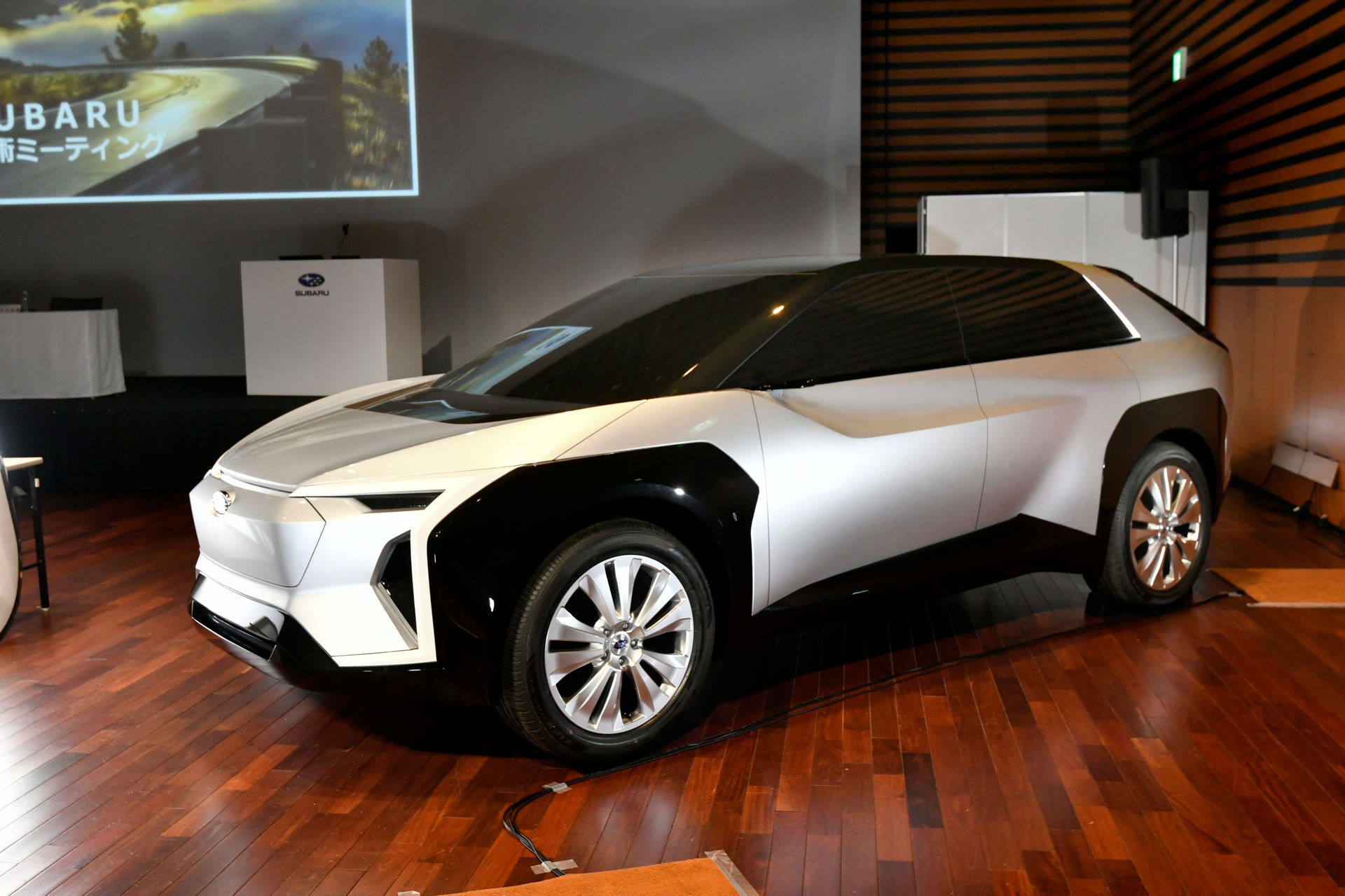Gecko
Administrator
- Messages
- 4,743
- Reactions
- 11,361
Toyota has been a champion of hybrids and hydrogen fuel cell vehicles, but in the near future it will bet heavily on battery EVs as well. The most recent statement from the Japanese manufacturer details there are several new BEVs in the pipeline.
Toyota has stated its intent for half of its global 2025 sales to consist of electrified vehicles. Plans include selling 4.5 million hybrids, which perform well in Toyota sales metrics already — Reuters says 80% of global hybrid vehicle sales are Toyotas. But 1 million vehicles will be EVs with either battery or hydrogen fuel cell power. From 2020 on, the carmaker will introduce at least 10 new BEVs, six of which will be based on the electrified version of its TNGA platform, dubbed e-TNGA, and sold globally. There will be a host of electric SUVs and crossovers in different sizes, along with a sedan and an MPV.
Toyota says its EV plans must include a stable supply of batteries, as well as improved battery life and durability and proper reuse. It has found partners in China's CATL and electric carmaker BYD to help with battery availability.
Earlier this week, Toyota announced that it is planning a jointly developed, all-wheel-drive battery electric crossover together with Subaru, and the resulting vehicle will probably be one of the six new models mentioned above. Subaru is also likely to benefit from the joint development deal, as it is a bit player in large parts of the world, and a partner like Toyota will come in handy when coming up with completely new vehicles.
Source: https://www.autoblog.com/2019/06/07/toyota-battery-evs/
A couple of those concepts above look pretty sharp!


